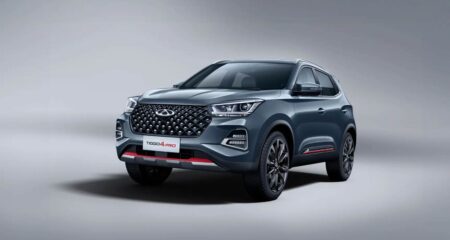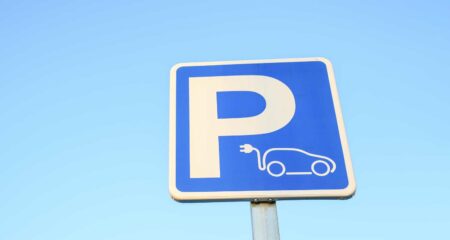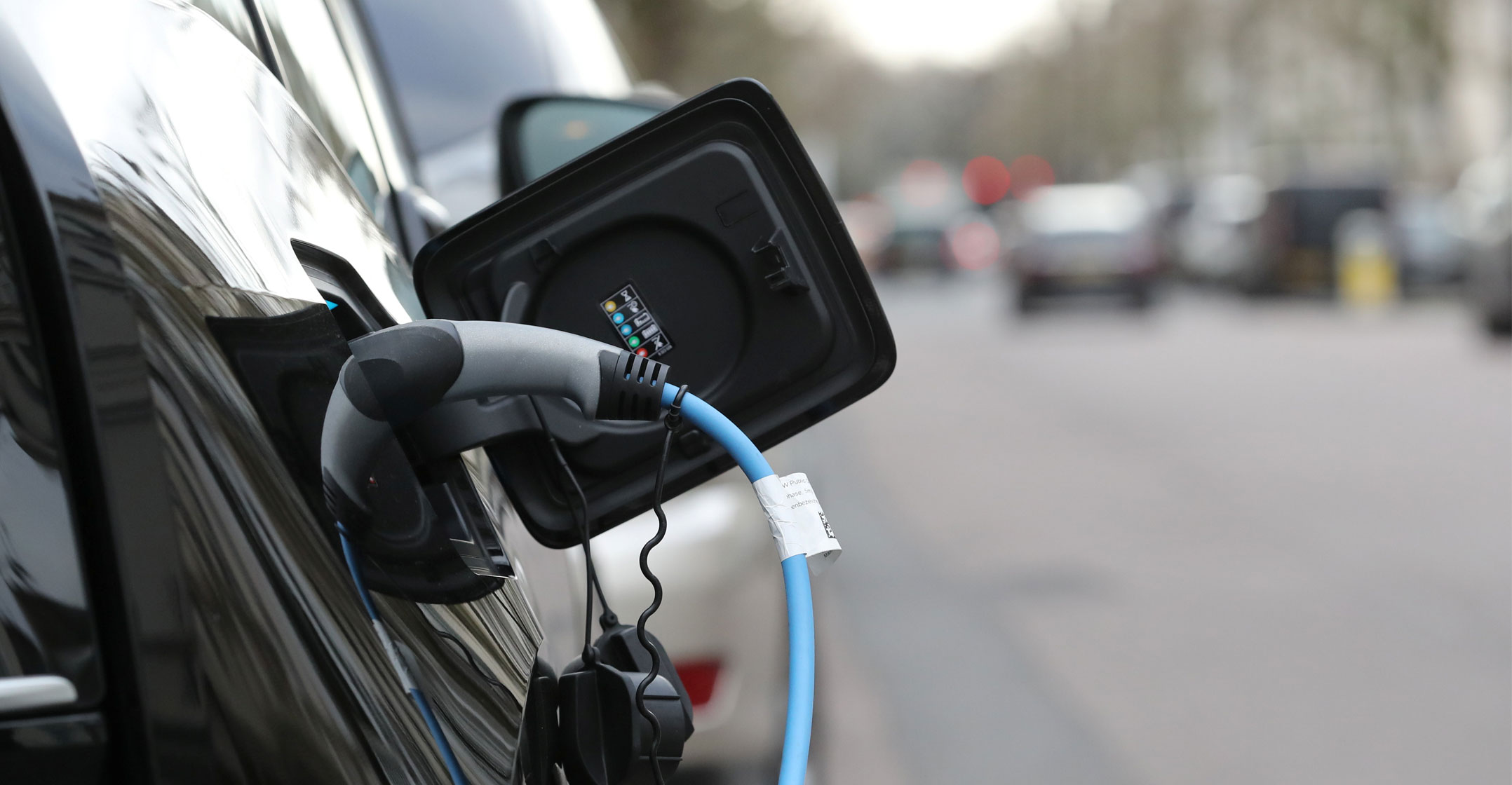
Demand is increasing in South Africa for electric vehicles but price remains a major barrier to adoption.
AutoTrader South Africa CEO George Mienie said it saw a 211% increase in demand in searches for EVs in the first six months of this year compared to the same period last year.
“South African shoppers are actively looking for opportunities to buy electric vehicles, though the major challenge is still the initial purchase price,” he told the Smarter Mobility Africa conference on Tuesday.
“Consumers want an EV under R500 000. That is where the debate should be centred – education and price and looking at things like incentives, government taxes,” he said.
Mienie said 87% of respondents to the 2021 South African EV Buyers Survey by AutoTrader, in partnership with Smarter Mobility Africa, have never been inside an EV.
He stressed that consumer education is a big part of consumer adoption and the supply of EVs in the country is another challenge.
However, another eight EVs will be launched into the South African market in the first quarter of 2022.
“BMW has just said they are going to put 25 hybrids and battery EVs on South African roads by 2023, which is also encouraging,” he said.
Company EVs
However, Mienie said a big portion of the corporate world needs to get involved in EV adoption and he questioned why businesses are not incentivised to create more demand for EVs by, for instance, giving their employees company EVs.
uYilo Electric Mobility Programme executive Hiten Parmar said original equipment manufacturers (OEMs) have had various approaches to the introduction of EVs in South Africa and EV adoption has been very slow.
By June 2021, about 1 400 plug-in EVs had been sold in the country, he said. “That is 0.014% of our total car fleet of 10 million vehicles, which is nothing to be proud [of],” he said.
However, Parmar said there has been a lot of development around the framework for infrastructure development, with the deployment of charging infrastructure driven by OEMs largely in the main towns, public areas such as shopping malls, and on highways at traditional fuel service stations.
By June 2021, about 1 400 plug-in EVs had been sold in the country, he said. That is 0.014% of our total car fleet of 10 million vehicles
Parmar said South Africa currently has almost 300 charging points across the country and, in terms of its low EV car parc, is well positioned at this stage in terms of charging infrastructure.
Mienie added that with 300 charging stations in the country, South Africa has one charging station for every four vehicles versus international statistics that show there is one charging station for every 20 vehicles.
Parmar said South Africa is facing some unique challenges in terms of EV adoption but the department of trade, industry & competition is trying to address them, of which the main one is the duties imposed on EVs.
“We look forward to the scenario changing in 2022,” he said.
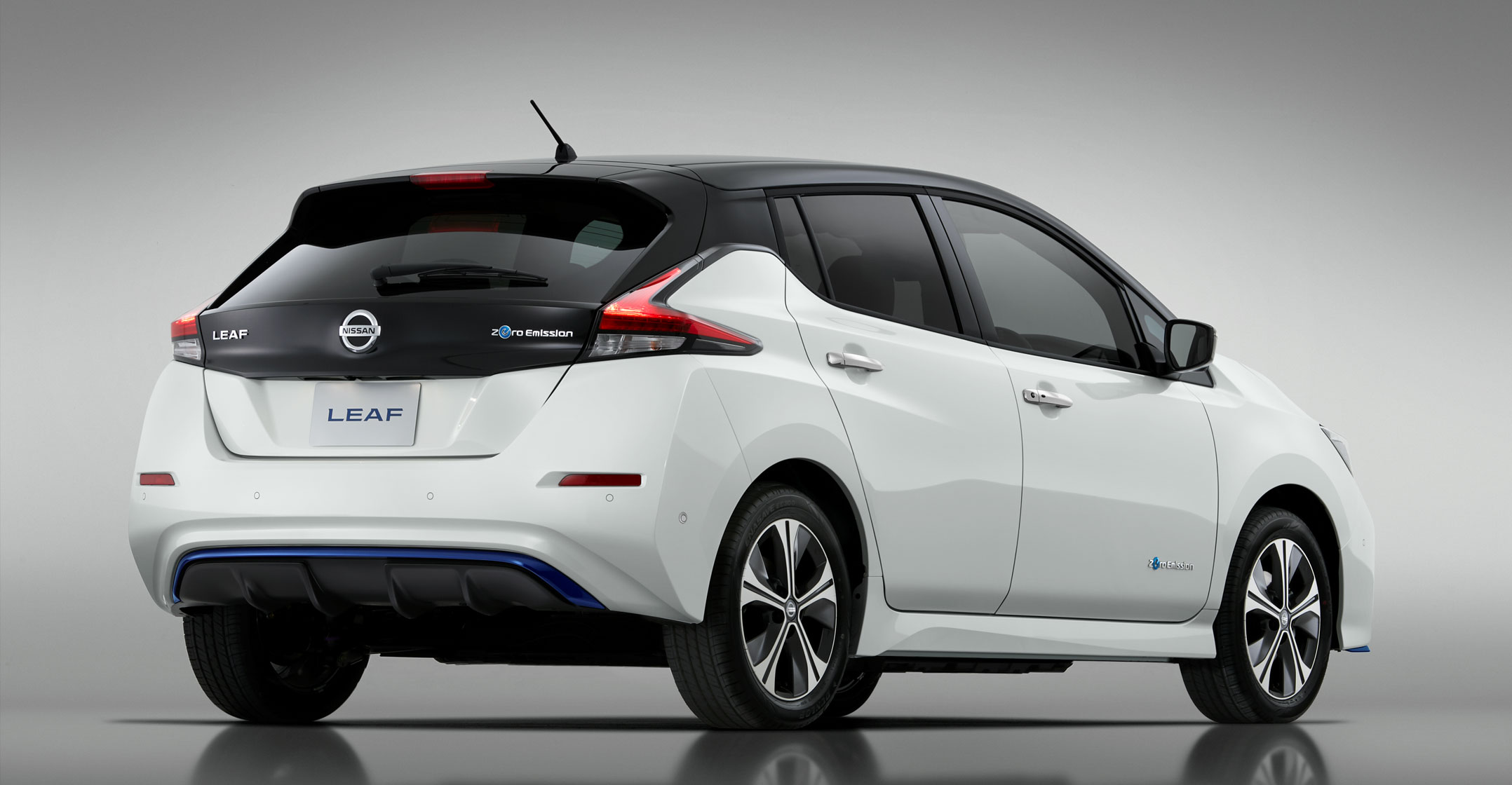 Remeredzai Joseph Kuhudzai, head of innovation and partnerships at Distributed Power Africa based in Kenya, said most of the EVs that will be launched into the South African market will be from German OEMs and most will cost more than R1-million.
Remeredzai Joseph Kuhudzai, head of innovation and partnerships at Distributed Power Africa based in Kenya, said most of the EVs that will be launched into the South African market will be from German OEMs and most will cost more than R1-million.
Kuhudzai questioned when more affordable Chinese EVs from brands such as Great Wall Motors and Haval will be launched in the country.
Mienie said that given the success of Haval in South Africa, he could not see why Chinese brands will not be successful from a battery EV point of view in the future – despite the current state of affairs in terms of the tax environment, import duties and ad valorem taxes.
He added that the second-hand market brings the average price of vehicles down and gives consumers access to vehicles, but the new vehicle market needs to feed that market first.
He believes this is where the challenge lies with EVs.
No infrastructure
Busmark SA CEO Patuxolo Nodada said it has had an electric bus available for about eight years but it’s not yet on the road because there is no charging infrastructure.
Nodada said it should be government policy that fleet owners with buses should be 50% electric going forward.
“There is an opportunity for all of us to go to zero emissions through public vehicles without necessarily promoting electric vehicles.
“We have an EV that costs less than R500 000. We have it designed and a prototype that has been standing for quite some time and that vehicle could be delivered into the market,” said Nodada.
But there is no big buyer and in South Africa there are no incentives linked to EVs currently,” he said.
Nodada said one of the biggest barriers to entry is that buses are bought by municipalities, which are dysfunctional in terms of such opportunities.
He believes this situation needs to be improved and for the Bus Rapid Transit (BRT) function to be taken away from municipalities and be consolidated at either provincial or national level.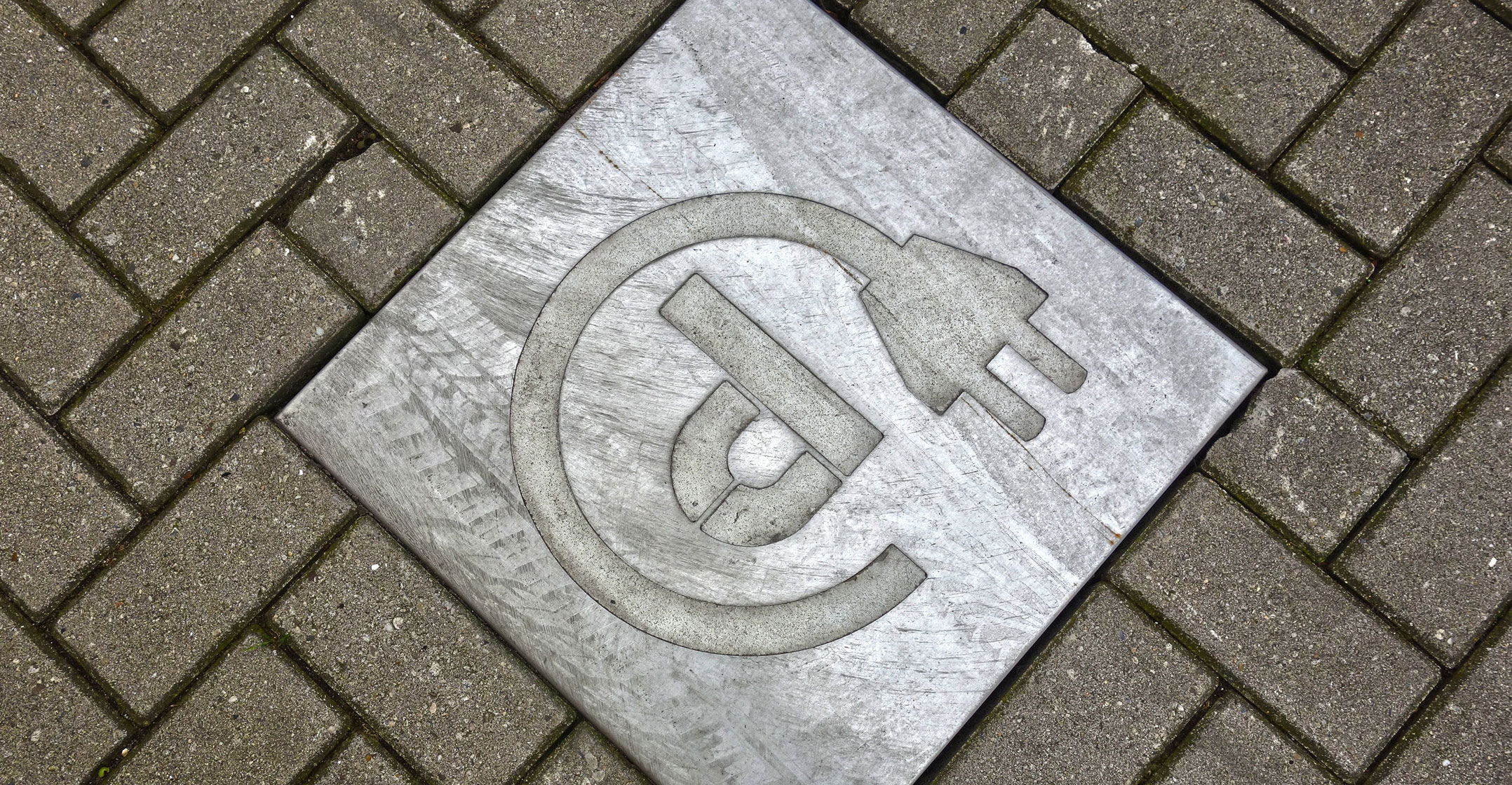
Gauteng MEC for public and roads infrastructure Jacob Mamabolo said the province has already adopted its road map towards 2030 – “Growing Gauteng Together 2030” (through smart mobility) – and is one of the leading champions of smart mobility.
Mamabolo said transport is critical for the economy: It creates opportunities for growth, it generates jobs and facilitates international and cross-border trade, and links the province with its key trading partners.
“Smart mobility is central to the whole of society. It allows people to connect with places and shapes how we live our lives. There are changes taking place, particularly around technology, and we must leverage these changes to make our situation and lives better and our economy very much competitive.
“We do this in full realisation that transport is more than just travel. It connects people, it provides access to jobs, communities and goods and delivers vital social services,” he said.
- This article was originally published by Moneyweb and is used by TechCentral with permission


